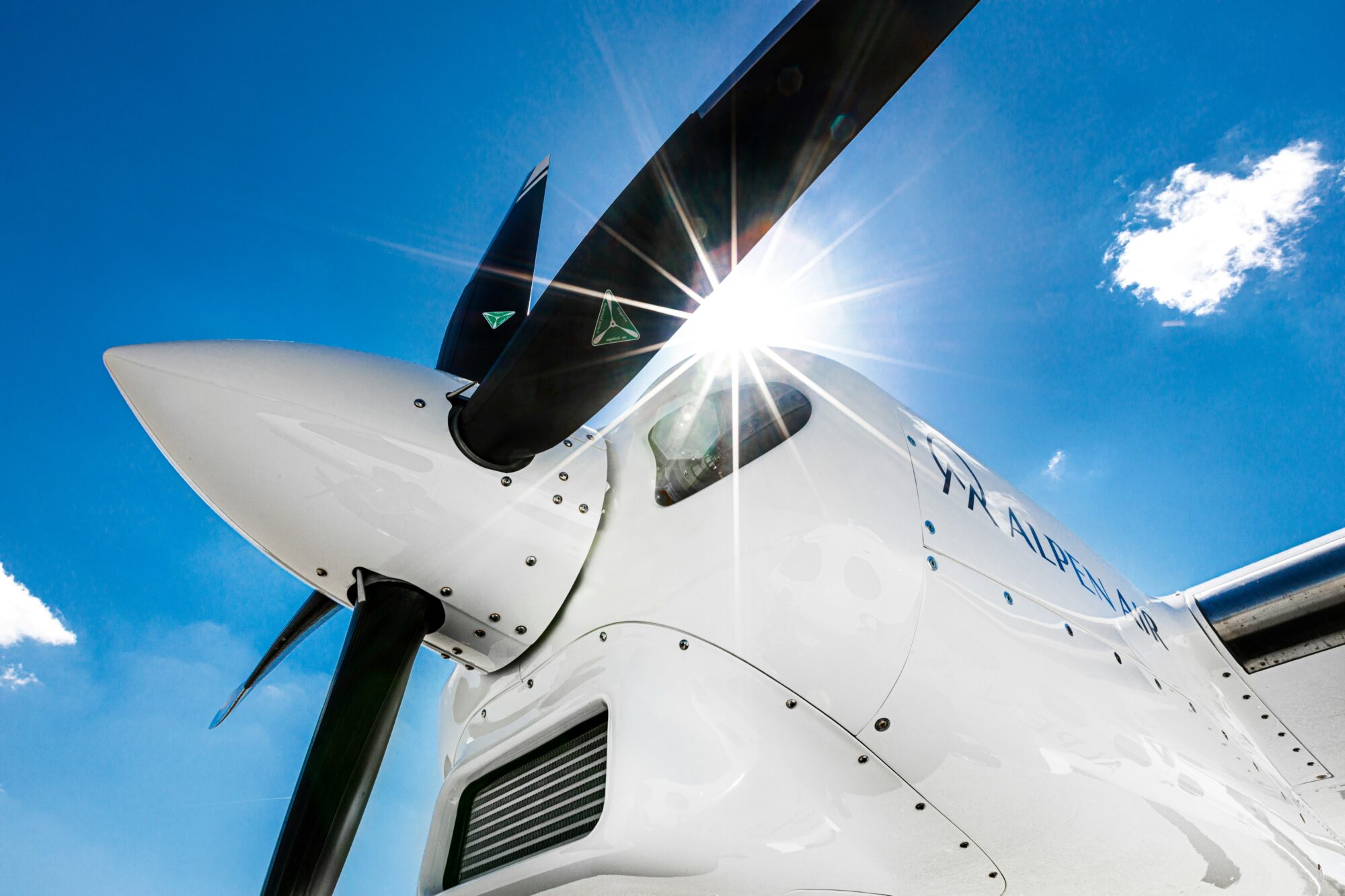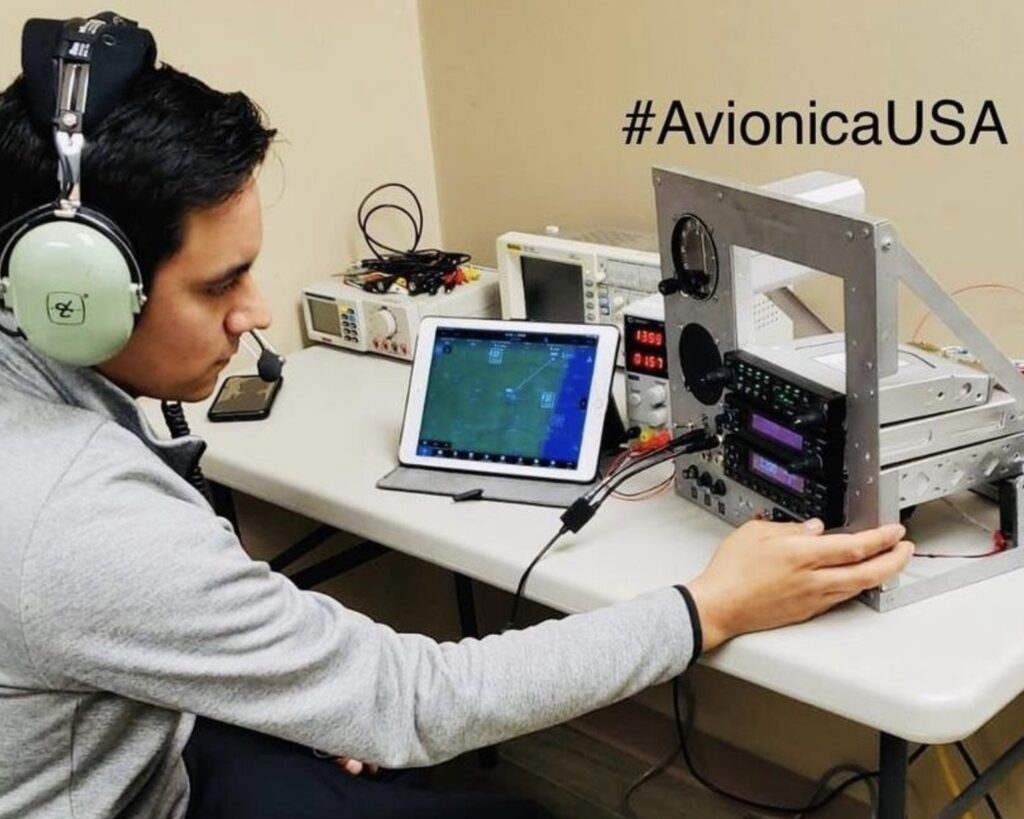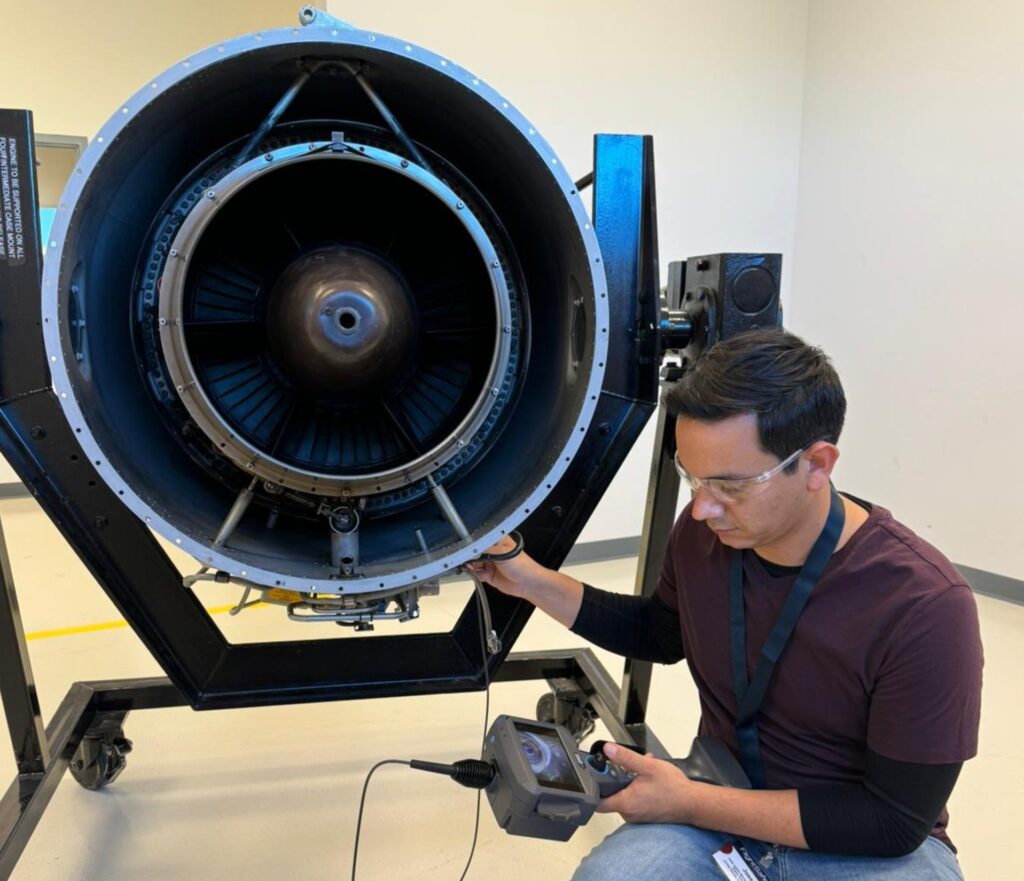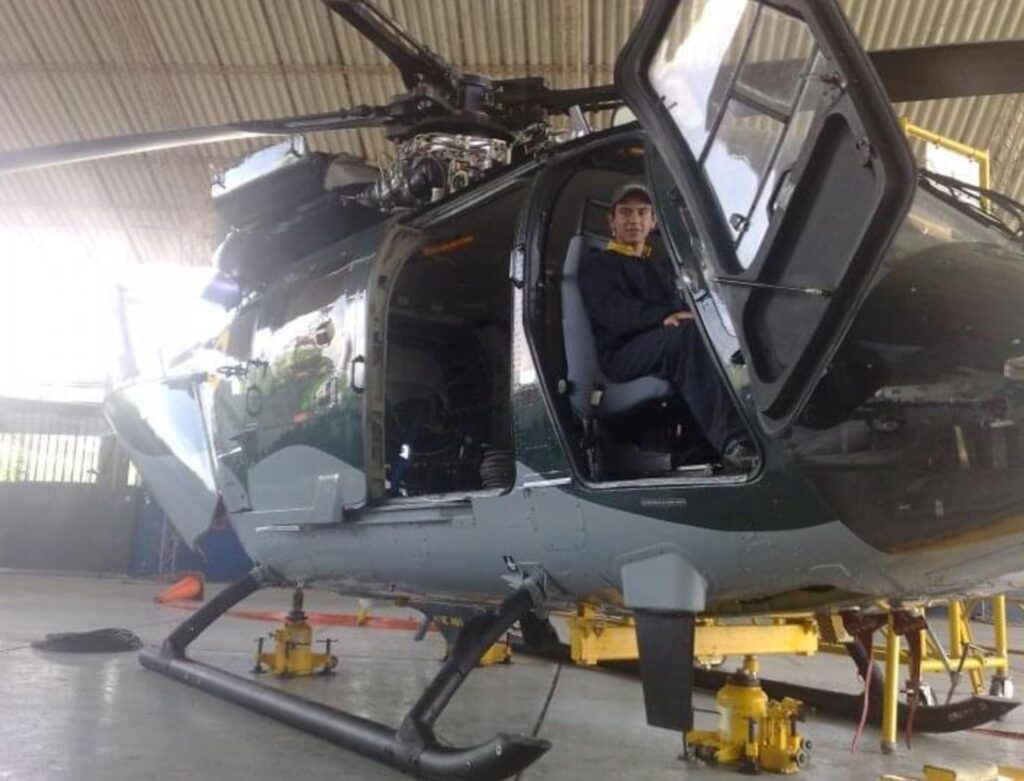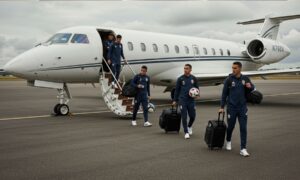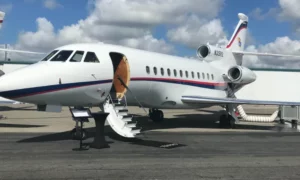As the skies become busier and aircraft technology advances at an unprecedented pace, the unsung heroes of aviation – the mechanics – are seeing their roles profoundly reshaped. José Julián Benavides, an accomplished Aeronautical Mechanic, Private Pilot, and Lead Maintenance Specialist at Plane Travel LLC, offers a crucial glimpse into the intricate world of airplane maintenance in 2025, highlighting both its enduring responsibilities and its dynamic future.
Originally from Ecuador, Benavides brought his specialized expertise in aeronautics mechanics to the U.S. aviation sector, where his unique blend of pilot and mechanic skills, coupled with a commitment to education and job creation, makes him a vital asset amidst a global shortage of skilled technicians.
For Benavides, the essence of the job remains timeless: “It’s special because you’re directly responsible for people’s safety in the air. Every time I sign off an aircraft, I know families, executives, or medical teams depend on that plane. It’s a job that demands skill, precision, and responsibility and that makes it rewarding.”
2025: A Digital and Greener Sky
The landscape of aviation maintenance is currently undergoing a significant transformation. Benavides points to burgeoning innovations as the primary drivers of change for 2025. “The biggest changes are in avionics and safety software,” he explains. “Modern aircraft are becoming more connected, with smarter diagnostic systems that help us detect issues earlier and reduce downtime.”
Beyond digital advancements, the industry’s push for sustainability is also redirecting maintenance protocols. “There’s a strong push for greener aviation biofuels, lighter composite materials, and even hybrid-electric systems are starting to shape how we perform inspections and repairs,” Benavides adds. “These innovations don’t just change the way we maintain aircraft, they also require new training and a mindset shift for mechanics to stay current.”
The Evolving Skillset of the Modern Aviation Mechanic
To keep pace with these technological leaps, the modern aviation mechanic needs a radically different set of skills. The traditional grease monkey is giving way to a tech-savvy professional. Key requirements now include:
Data analytics and diagnostics: Interpreting data from AI-powered tools to troubleshoot with precision.
Electronics and software expertise: A deep understanding of avionics, electrical systems, and the software that governs them.
Adaptability and continuous learning: A commitment to lifelong education to master new technologies, materials, and digital tools.
Collaboration: Working effectively with both human colleagues and advanced AI systems.
Proficiency with digital tools: Mastery of aviation maintenance software, digital logbooks, and compliance platforms.
This shift means the role is moving from purely mechanical repairs toward expertise in electrical systems, software diagnostics, and data analytics, fundamentally transforming the daily tasks of technicians.
The Future: Automation, Electric Flight, and Human Expertise
Looking further into the future, Benavides anticipates even greater integration of automation. “I see more automation coming into inspections,” he muses. “Modern non-destructive testing (NDT) tools and even drones will be used to check fuselages, while engines and avionics will have smarter self-diagnostic systems.”
The advent of hybrid-electric and fully-electric aircraft is also on the horizon, promising a fundamental shift in maintenance focus. “Maintenance will pivot away from fuel-based propulsion systems and toward complex electrical systems, motors, and batteries,” requiring new expertise in battery management, thermal management, and high-voltage systems.
However, amidst this technological surge, the human element remains paramount. Benavides highlights a looming challenge: “The global shortage of aircraft technicians will push the industry to invest more in training and retaining skilled workers. The future of maintenance will be a balance between advanced technology and human expertise.”
A Culture of Mentorship and Lifelong Learning
Benavides’ own journey underscores the importance of human connection and continuous education in aviation. “My heroes are the senior mechanics and inspectors who trained me early in my career. They had incredible knowledge and, just as important, the patience to pass it on,” he shares. “Aviation has always had a strong culture of mentorship—we don’t just learn from books, we learn hands-on from those who came before us. Today, I will try to do the same for younger technicians.”
The need for ongoing learning is non-negotiable. “Aircraft technology never stands still. New avionics, engines, and regulations are introduced constantly,” Benavides states. “Continuing education ensures we remain current and authorized to sign off critical work. It’s also part of keeping passengers safe.”
The Demands of the Fleet: Age, Operation, and Environment
While modern aircraft boast sophisticated systems, older jets and piston aircraft still require significant attention due to wear, corrosion, and essential component overhauls. However, Benavides notes that age isn’t the only factor. “Even modern aircraft can demand extra attention if they fly many short cycles, since repeated takeoffs and landings put more stress on engines, landing gear, and pressurization systems.”
Weather also plays a critical role in an aircraft’s durability. “Absolutely,” Benavides confirms. “Aircraft operating in coastal areas face more corrosion from salt air. Hot, humid climates can stress electrical systems, while cold weather can cause hydraulic and structural challenges. Maintenance planning always considers the environment where the aircraft operates.”
As José Julián Benavides and his peers stand ready to navigate this complex and technologically advanced era, their unwavering commitment to safety, continuous learning, and mentorship will be the bedrock upon which the future of air travel is built. The skies of 2025 and beyond will be safer and more efficient thanks to their evolving expertise.

